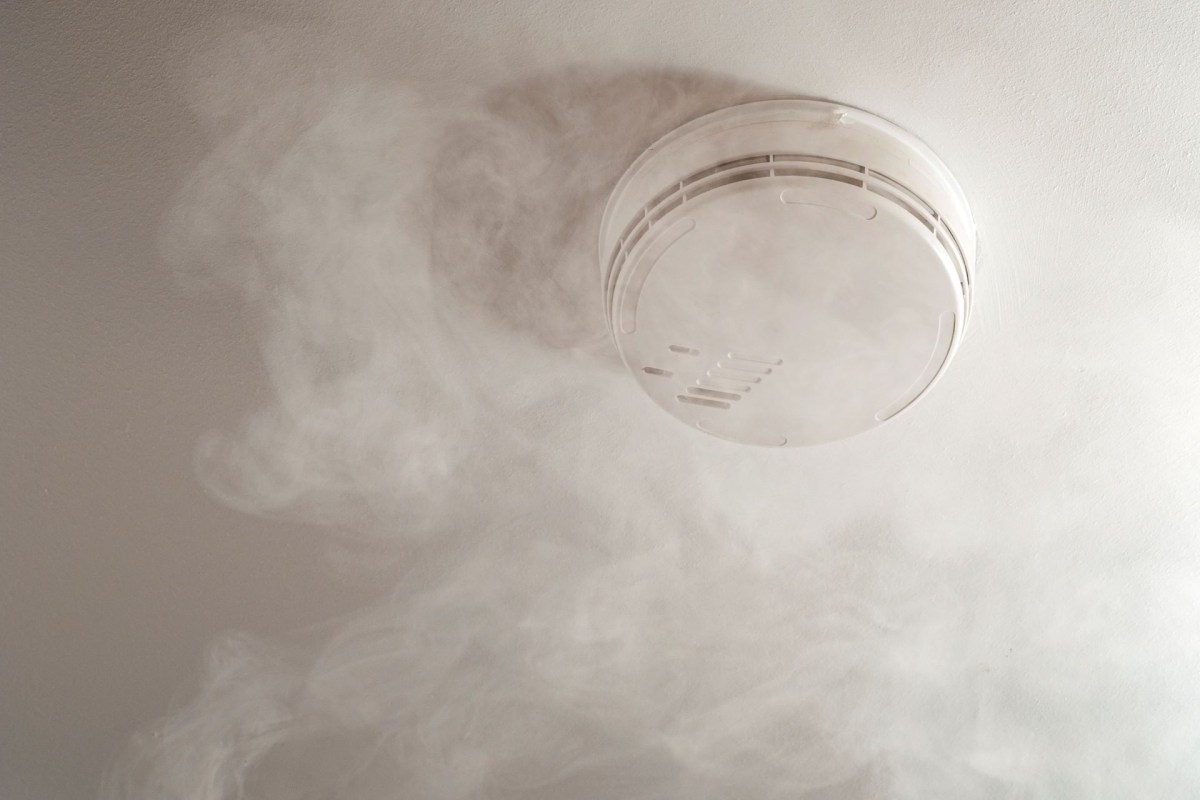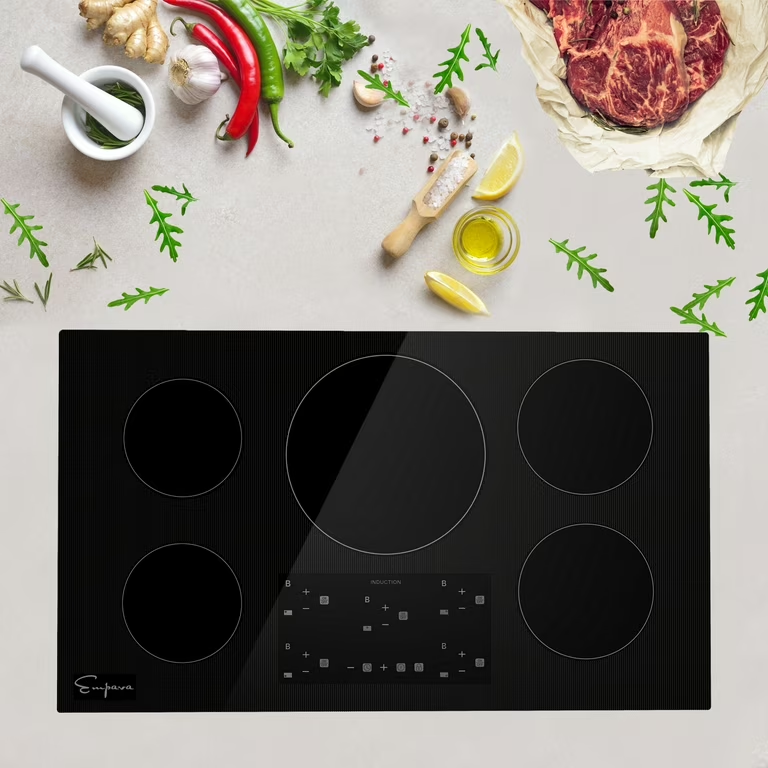Gas stoves have become a somewhat unexpected source of controversy in recent months. Many experts have recommended switching to induction stovetops and cookers, as gas stoves worsen indoor air quality and pose health risks.
Others have opposed this switch due to outdated misconceptions about the effectiveness of induction cooking.
But stoves aren't the only gas-powered appliances inside people's homes — and so far, gas furnaces, water heaters, and other appliances have largely escaped the debate about the dangers and risks they may pose.
How safe are gas appliances?
According to a report from Yale Climate Connections (an initiative of the Yale Center for Environmental Communication), there are several risk factors that gas-powered home appliances create.
TCD Picks » Induction Cooking

Gas appliances — including water heaters, furnaces, clothes dryers, fireplaces, air conditioners, and space heaters — run on methane-based "natural gas."
And according to Drew Michanowicz, a scientist at research institute PSE Healthy Energy, all samples of natural gas contain "a small suite of hazardous air pollutants that clearly we would not want to be exposed to." These include carbon monoxide, nitrogen dioxide, benzene, formaldehyde, particulate matter, and other substances.
Childhood asthma is one of the more frightening results of indoor air pollution in homes, but there are many other health risks as well, including cancer and heart disease.
Though some standards require much of these air pollutants to be vented outdoors, they are nearly impossible to eliminate completely.
How do I make my home safer?
One way to definitively reduce indoor air pollution is to make the switch away from gas-powered appliances and toward clean electricity, such as solar. Not only is clean energy good for the planet, but it's also good for your health.
Luckily, with new cash rebates, tax credits, and more products hitting the market, home electrification is easier in 2023 than ever before.
TCD Picks » Quince Spotlight

In addition to making electric vehicles, companies like Tesla are now also fully electrifying people's homes with solar roofs and Powerwalls, and customers seem to be very happy with the results.
When it comes to home electrification, the future is now.
"People are used to burning fuel in their house, but people used to be used to sitting next to people smoking in restaurants as well," Matt Rusteika, a director at a building electrification-focused nonprofit, told Yale Climate Connections.
"We know that electrification is essential for the climate," Rusteika continued. "We also know that electrification improves indoor air quality. We know that it's more comfortable. We know that it can save you a lot of money in certain contexts. And so now is the time, right?"
Join our free newsletter for easy tips to save more, waste less, and help yourself while helping the planet.

















